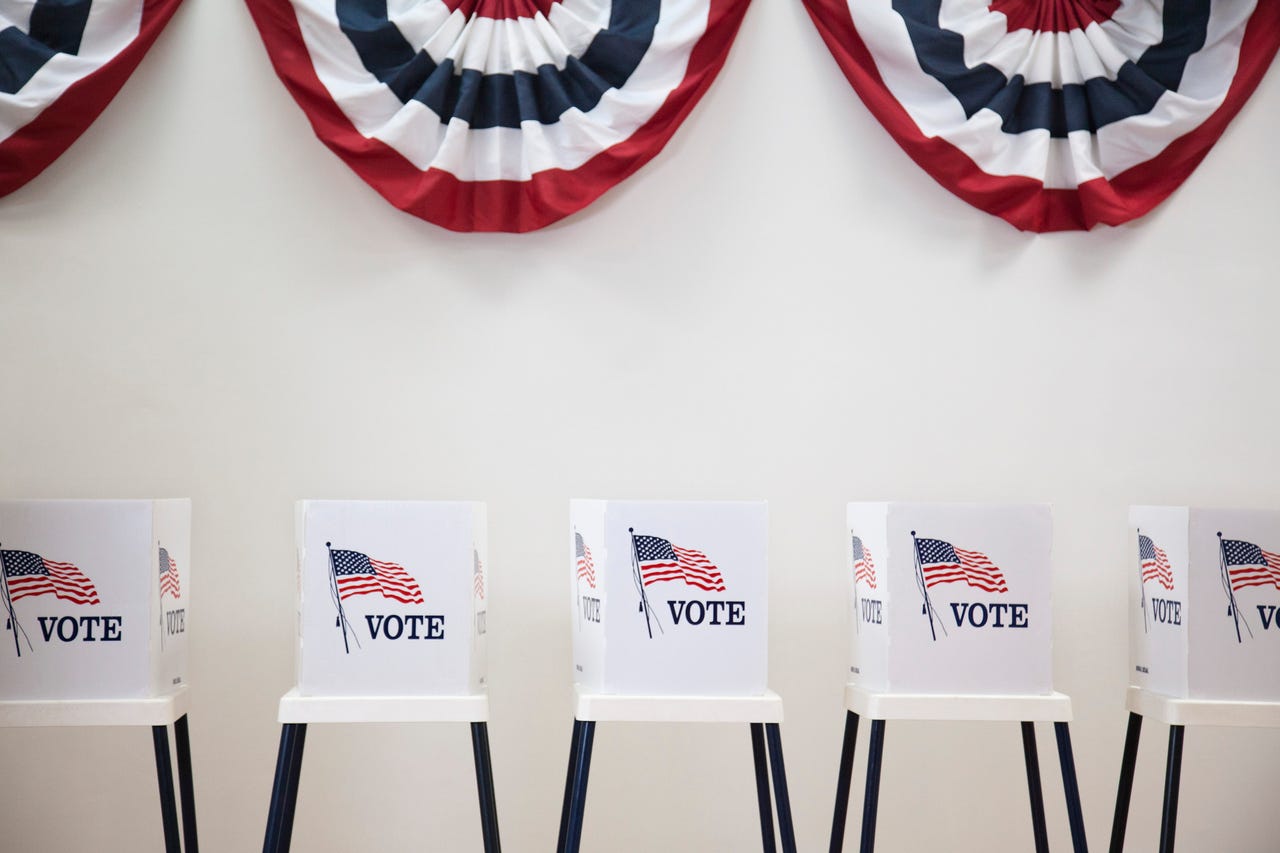Microsoft reveals plans to protect elections from deepfakes and other misinformation


There's been no shortage of misinformation related to elections in recent years, but the emergence of generative AI could take those dangers to a whole new level. And that's why Microsoft is taking steps to enhance election cybersecurity, including fighting deepfakes and changing search results to promote reliable information -- not just in the US but also around the world.
In a blog post detailing its efforts, Microsoft president Brad Smith and corporate vice president, Technology for Fundamental Rights Teresa Hutson outlined a five-part plan to protect electoral processes.
Also: We're not ready for the impact of generative AI on elections
First, Microsoft said, it will introduce a "Content Credentials as a Service" tool that lets users digitally "sign" media to authenticate it with C2PA (or Coalition for Content Provenance and Authenticity) watermarking. In short, creators will be able to attach a signature to an image that shows when, how, and by whom it was made. Anywhere that content goes, the digital signature follows, and clicking on an embedded pin shows its history.
Additionally, a "Campaign Success Team" within Microsoft will advise and support political campaigns as they navigate AI and cybersecurity challenges, including protecting the authenticity of their own content. An "Election Communications Hub" is also being created to help democratic governments secure their election processes with access to Microsoft security and support teams in the weeks leading up to their election.
Also: How to use Bing Chat (and how it's different from ChatGPT)
Microsoft will also be using its voice to support legal changes that protect campaigns from deepfakes, the company said, as well as other misuse of new technologies -- primarily the "Protect Elections from Deceptive AI Act" that bans the use of artificial intelligence to generate deceptive content about federal candidates in political ads (with important exceptions for parody, satire, and newsroom use).
Lastly, Microsoft will be making sure voters get the best information by offering "authoritative" election information when people search with Bing. The search engine will pair with the National Association of State Election Directors to proactively promote trusted sources of news around the world, making sure trusted information appears higher in search results than unreliable information.
Four main principles guide Microsoft's efforts, including the beliefs that:
Voters have a right to transparent and authoritative information regarding elections.
Candidatesshould be able to make it clear when content originates from their campaign and have recourse when their likeness is distorted by AI for the purpose of deceiving the public.
Political campaigns should protect themselves from cyber threats and be able to navigate AI with affordable and easily deployed tools.
Election authorities should have tools to ensure a secure and resilient election process.
Also: 3 ways Microsoft's new Secure Future Initiative aims to tackle growing cyber threats
Microsoft isn't the only company taking steps to fight election misinformation, as Facebook recently banned political campaigns from using its generative AI tools and started requiring campaigns to disclose any other content that was AI-generated.